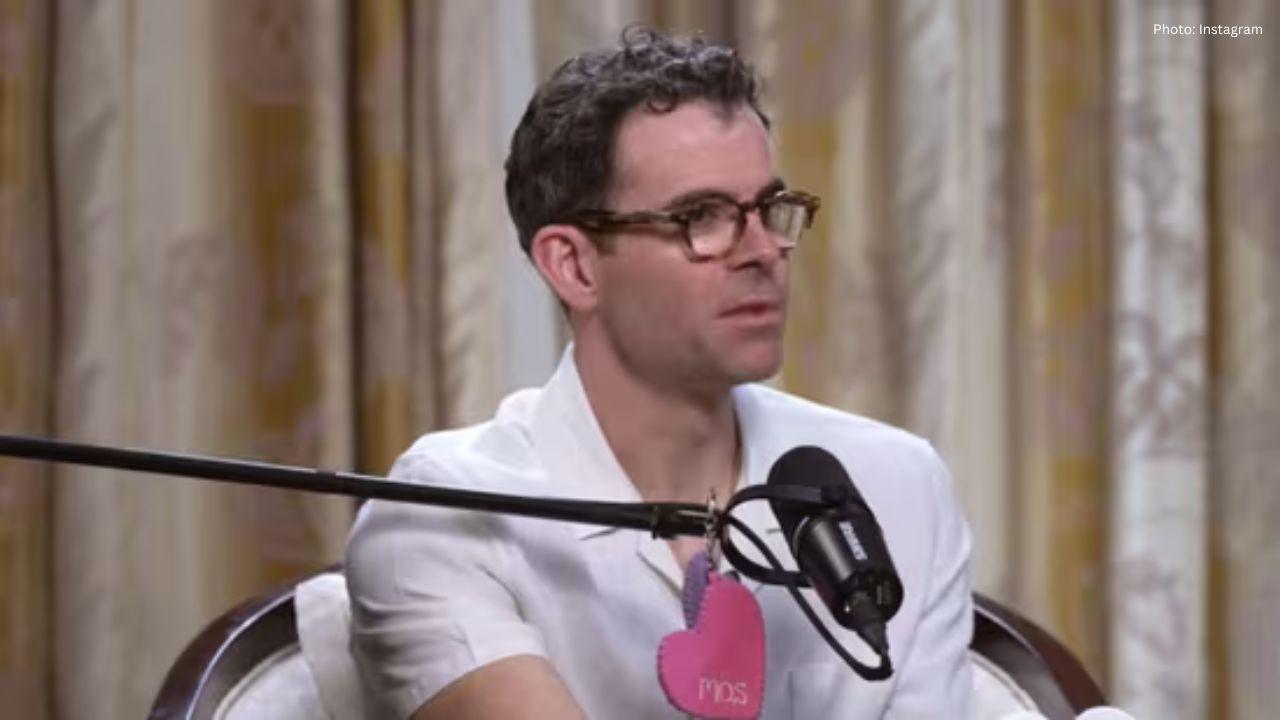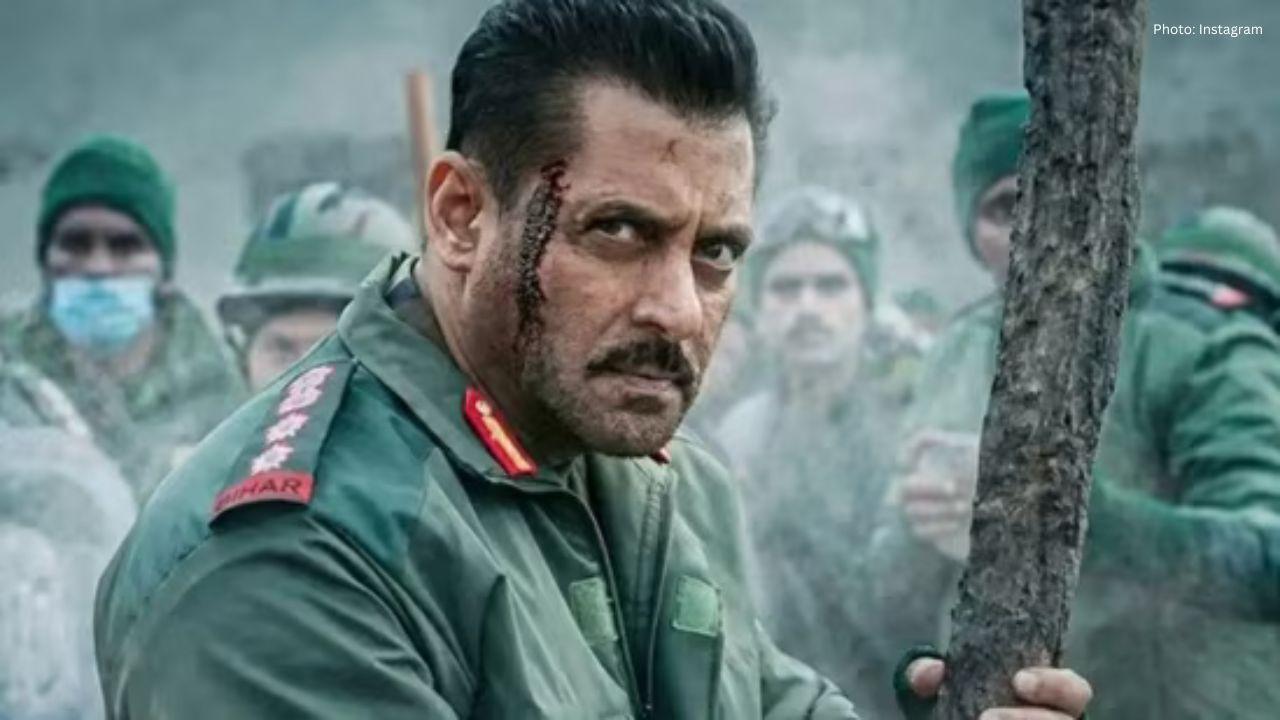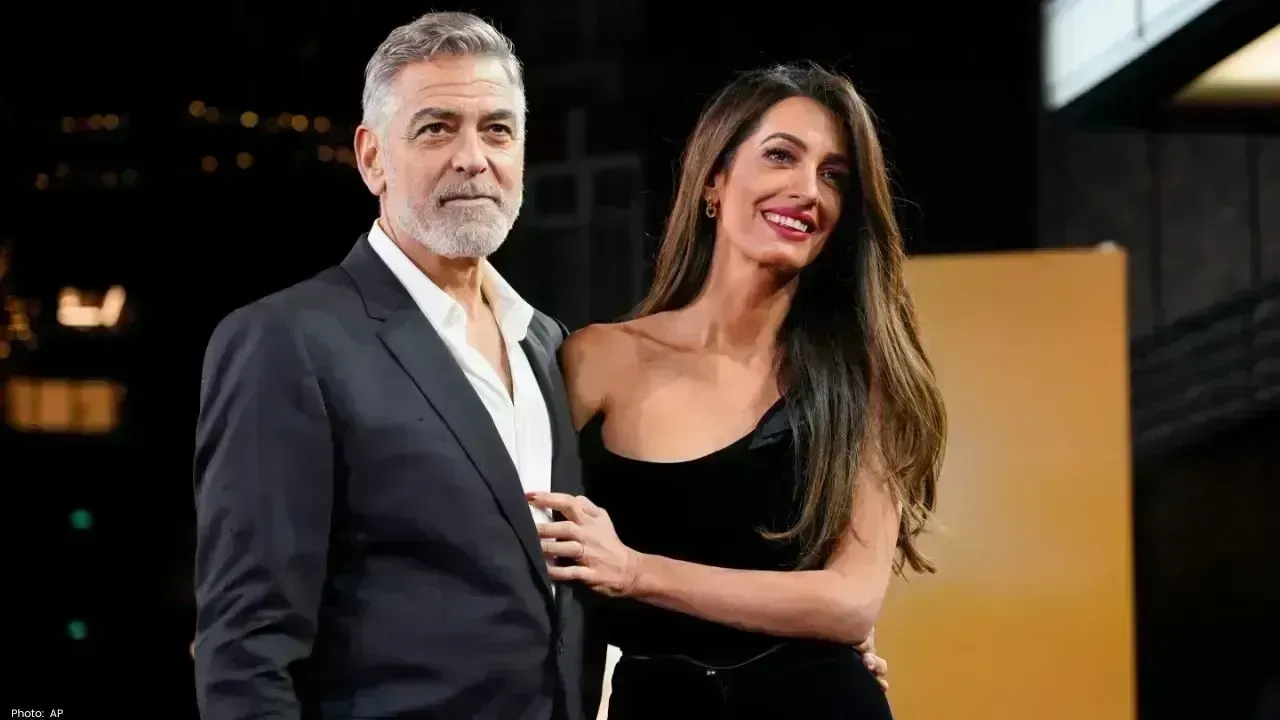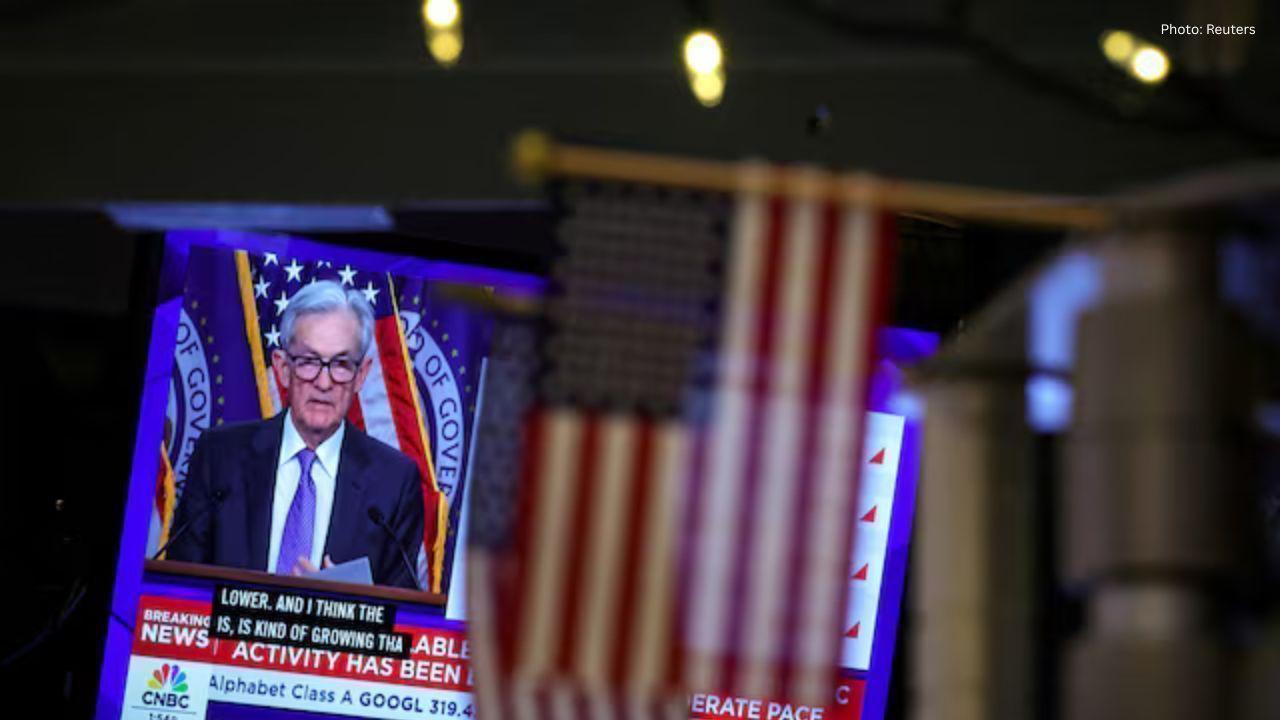You have not yet added any article to your bookmarks!

Join 10k+ people to get notified about new posts, news and tips.
Do not worry we don't spam!

Post by : Laxmi Verma
The world of entertainment is rapidly evolving, and the rise of streaming platforms has played a central role in this transformation. Gone are the days when we relied solely on traditional TV networks or cinemas for our entertainment fix. Today, services like Netflix, Disney+, Hulu, Amazon Prime Video, and others are driving the way we consume media. How streaming platforms are shaping the future of entertainment is a question many industry experts are asking—and the answers are reshaping not only how we watch but also how content is created, distributed, and consumed.
In this article, we'll delve into how these streaming giants are changing the landscape of entertainment, why traditional media is taking a backseat, and what this means for viewers and content creators alike.
Over the past decade, streaming services have exploded in popularity, challenging the dominance of traditional TV networks, cable services, and movie theaters. Historically, viewers had limited control over what to watch and when. Television programming followed a strict schedule, and going to the movies was an event in itself. But with the advent of platforms like Netflix, viewers gained unprecedented control over their entertainment choices.
Streaming services offer on-demand access to thousands of movies, TV shows, documentaries, and even live events, all at the click of a button. This shift in accessibility is one of the most significant ways streaming platforms are shaping the future of entertainment. Audiences no longer have to wait for their favorite shows to air at a scheduled time. They can binge-watch entire seasons in one sitting or pick up where they left off at any time.
Streaming platforms are not only changing the way we watch content—they are also changing the way content is made. Traditionally, film and TV studios were the gatekeepers, deciding which shows and movies would make it to our screens. However, with the rise of services like Netflix, Amazon Prime Video, and Apple TV+, creators now have new avenues to bring their projects to life.
These platforms offer greater creative freedom for filmmakers and showrunners. Without the constraints of prime-time slots or movie theater schedules, creators can experiment with new formats, storytelling techniques, and genres. Netflix, for instance, has pioneered a model where it commissions both original content and adapts beloved shows from around the world, giving audiences a more diverse and global selection of entertainment.
In turn, this shift in the production model has also led to the democratization of content. Independent filmmakers, smaller studios, and international creators now have the opportunity to reach a global audience without the need for a traditional distributor or big studio backing.
One of the defining features of streaming platforms is their investment in original content. In 2025, Netflix alone is expected to release hundreds of original series and films, making up a significant portion of their catalog. This shift has led to a boom in high-quality, exclusive programming, from original TV shows like Stranger Things to blockbuster movies like The Irishman.
Streaming platforms are changing the landscape of content production by creating compelling and diverse shows and films that attract both viewers and top-tier talent. Actors, directors, and producers are now flocking to digital platforms to work on projects that would have once been considered niche or too experimental for traditional networks or theaters.
The increased demand for original content is driving the competition between streaming platforms, leading to more choices for viewers and better-quality programming. For example, Disney+ is making waves with its Star Wars and Marvel franchises, while Amazon Prime Video is stepping up with series like The Boys and The Marvelous Mrs. Maisel.
Streaming services have also broken down geographical barriers, providing viewers with access to content from all around the world. Whether you're in New York, Tokyo, or Buenos Aires, you have the ability to access international movies, TV shows, and documentaries with just a few clicks. Platforms like Netflix, Hulu, and Amazon have made it easy for content to travel across borders, helping to foster a global entertainment culture.
This has not only expanded cultural exposure but has also made it easier for creators from underrepresented countries to gain international recognition. Shows like Money Heist (Spain) and Squid Game (South Korea) have gained massive international followings, demonstrating how streaming platforms are changing the global entertainment ecosystem.
One of the most exciting aspects of streaming platforms is the ability to tailor your entertainment experience. Through algorithms and data collection, platforms like Netflix and Spotify recommend shows, movies, and music based on your personal preferences. This ability to provide personalized content means that users are more likely to discover new entertainment that fits their tastes.
Moreover, streaming platforms are also beginning to experiment with interactive content. Netflix's Black Mirror: Bandersnatch introduced an interactive film experience where viewers could make decisions that impacted the storyline. This new level of engagement is likely to become more prevalent in the future, allowing users to immerse themselves even further in their entertainment choices.
As streaming services continue to grow, there are several emerging trends that suggest the future of entertainment will be heavily influenced by these platforms. With the rise of high-speed internet and mobile devices, streaming services are expanding into new territories and enhancing accessibility. Expect to see more interactive and immersive experiences, including virtual reality (VR) and augmented reality (AR) entertainment, which could soon redefine how we engage with content.
Additionally, subscription-based models may continue to evolve, with more specialized services catering to niche markets. From fitness streaming platforms to specialized sports services, the future of streaming will likely include a broader range of personalized services that cater to specific interests.
The information provided in this article is intended for general informational purposes only. The details and views expressed are based on the current trends in the entertainment industry and may evolve over time. Always verify content availability and platform details directly with the respective streaming services. The author and website are not responsible for any inaccuracies or changes to the information presented.










Rashmika Mandanna, Vijay Deverakonda Set to Marry on Feb 26
Rashmika Mandanna and Vijay Deverakonda are reportedly set to marry on February 26, 2026, in a priva

FIFA Stands by 2026 World Cup Ticket Prices Despite Fan Criticism
FIFA defends the high ticket prices for the 2026 World Cup, introducing a $60 tier to make matches m

Trump Claims He Ended India-Pakistan War, Faces Strong Denial
Donald Trump says he brokered the ceasefire between India and Pakistan and resolved eight wars, but

Two Telangana Women Die in California Road Accident, Families Seek Help
Two Telangana women pursuing Master's in the US died in a tragic California crash. Families urge gov

Ranveer Singh’s Dhurandhar Roars Past ₹1100 Cr Worldwide
Ranveer Singh’s Dhurandhar stays unstoppable in week four, crossing ₹1100 crore globally and overtak

Asian Stocks Surge as Dollar Dips, Silver Hits $80 Amid Rate Cut Hopes
Asian markets rally to six-week highs while silver breaks $80, driven by Federal Reserve rate cut ex